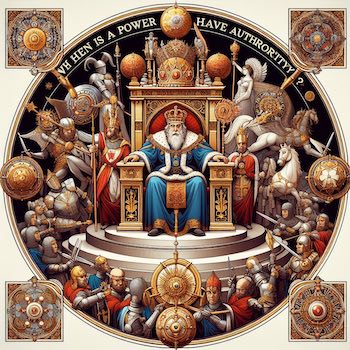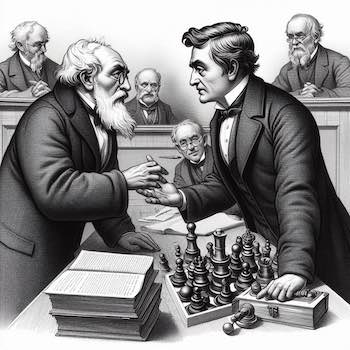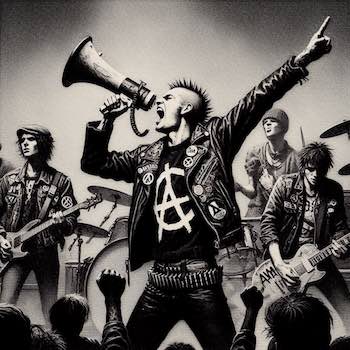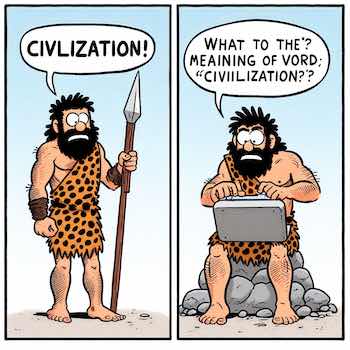When does a power have authority?
Abstract: Power is a mechanism and authority its acceptable, freely consented form. The complexity of modern societies sees power move away from the base, and therefore lose authority. Rather than destroying collective power to the detriment of one’s own, the only way to escape submission is to increase one’s own authority, through personal re-hierarchization. Power … Read more










